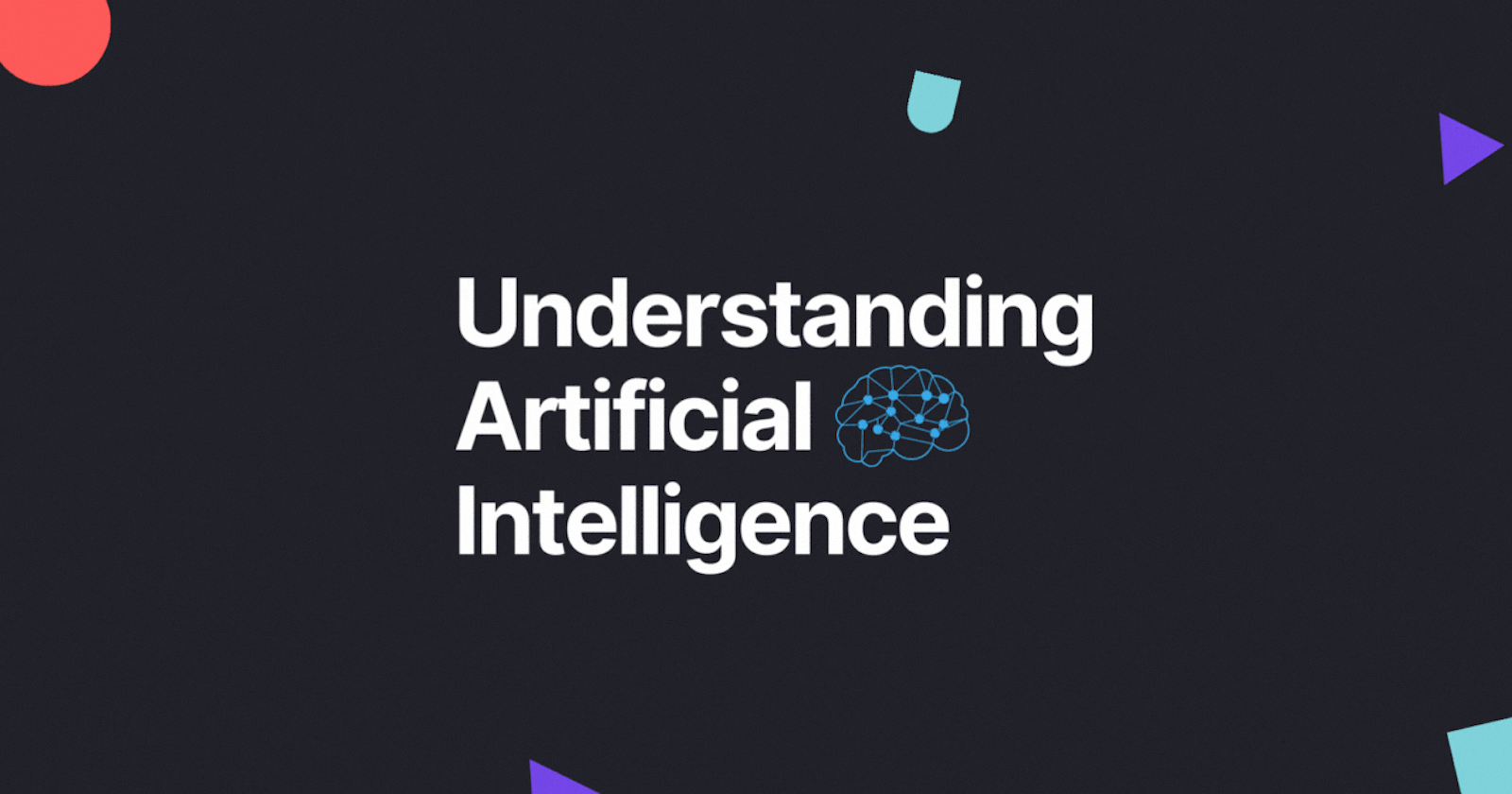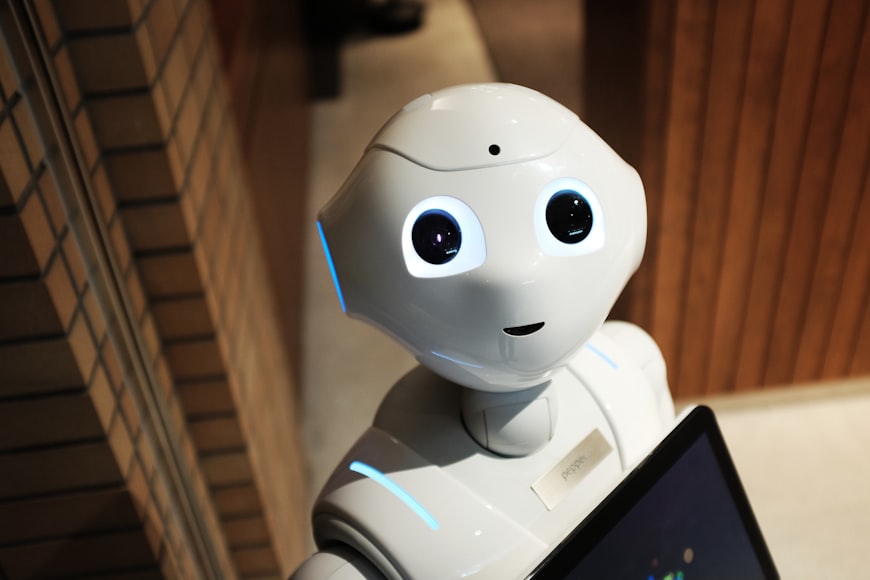
Understanding Artificial Intelligence: History, Types, Future Scope, and Must-Use AI Tools for Developers
Introduction
Artificial intelligence (AI) is a vast field that involves creating intelligent systems that can simulate human intelligence and behavior. The goal of AI is to create machines that can solve complex problems, learn new things, and adapt to changing environments, just like humans do. In this blog, we discuss the history, types, future scope of AI, and tools that developers must know to work on AI-based projects.
Brief History of AI
The idea of intelligent machines and automation goes back to the ancient Greeks' myth of Hephaestus, the god of blacksmiths, who created self-moving machines that were capable of performing simple tasks. However, the modern era of AI started in the 1950s when computer scientist John McCarthy coined the term "artificial intelligence" at the Dartmouth Conference. Since then, AI has come a long way, and today, it is ubiquitous in our daily lives, from personal assistants like Siri and Alexa to self-driving cars.
Types of AI
There are three main types of AI:
Reactive machines: Reactive machines are the simplest type of AI that can only react to the present situation based on predefined rules. They do not have memory to store the past or plan for the future. Examples of reactive machines include chess-playing systems and traffic controllers.
E.g. A Simple jarvis Program in Python:
Limited memory: Limited memory AI can store some information from the past and use it to make decisions about the future. These systems are more complex than reactive machines and are used in self-driving cars, personal assistants, and virtual agents.
Self-aware AI: Self-aware AI is the most sophisticated type of AI that can understand its environment, have emotions, and develop consciousness. This type of AI is still in the research phase and hasn't been implemented in any commercial system.
Future Scope of AI
The future of AI is promising, and it's estimated that the global AI market will reach $733 billion by 2027. AI will revolutionize the way we live and work by automating routine tasks, improving efficiency, and creating new job opportunities. Some of the areas where AI will play a critical role in the future include:
Healthcare: AI-based systems can analyze vast amounts of medical data and help doctors make more accurate diagnoses and create personalized treatment plans.
Education: AI-based systems can analyze student data and create personalized learning paths that cater to each student's individual learning style.
Transportation: Self-driving cars will become commonplace, reducing accidents and improving traffic flow.
Finance: AI-based systems can predict future market trends and provide investment recommendations.
Must-Use AI Tools for Developers
Developers who wish to work on AI-based projects must know the following AI tools:
TensorFlow: TensorFlow is an open-source software library developed by Google Brain that provides tools for building and training machine learning models.
PyTorch: PyTorch is an open-source machine learning framework that provides tools for building and training neural networks.
Keras: Keras is an open-source neural network library written in Python that provides tools for building and training deep learning models.
OpenAI Gym: OpenAI Gym is a toolkit for developing and comparing reinforcement learning algorithms.
Scikit-learn: Scikit-learn is a machine learning library for Python that provides tools for data mining and data analysis.
Conclusion
AI is shaping the future of technology, and its impact can be seen in every aspect of our daily lives. Developers who wish to work on AI-based projects must understand the history, types, and future scope of AI. Moreover, they must also be familiar with the AI tools mentioned above to build and train intelligent systems efficiently. AI is an exciting field that has the potential to transform people's lives significantly.


